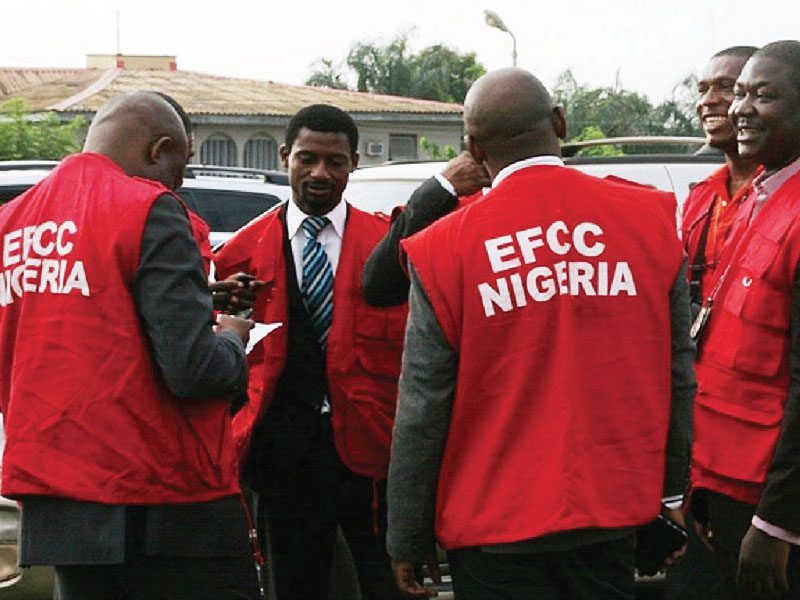What is SCUML?
SCUML means Special Control Unit against Money Laundering which is designed for Designated Non-Financial Institutions (DNFIs) or Designated Non-Financial Businesses and Professions (DNFBPs) for them to declare financial transactions from their customers which involves cash in excess of NGN10,000 (for limited liabilities) or excess of NGN5,000,000 (for business name).
What are DNIs?
According to the Anti-Money Laundering, Combating the Financing of Terrorism and Countering Proliferation Financing of Weapons of Mass Destruction for Designated Non-Financial Businesses and Professions, and Other Related Matters) Regulations, 2022, DNFIs are companies, Businesses or entities that could receive cash in excess of NGN10 million or NGN5 million, depending on the business type.
Its Establishment
The Special Control Unit Against Money Laundering (“SCUML”) was a brainchild of the administration of Chief Olusegun Obasanjo (former Nigeria’s president).
It came into existence in September 2005 as a department under the EFCC in compliance with the provisions of the Money Laundering (Prohibition) Act 2004.
The Money Laundering (Prohibition) Act 2004 was later repealed and became the Money Laundering (Prohibition) Act 2011(as amended).
In a situation whereby DNFIs failed to declare such funds and the purpose it is meant, it is one of the functions of SCUML to step in and make such persons face the full wrath of the law, especially if such funds are illicit or proceed from corruption or for terrorism financing.
Businesses or companies that are categorized as DNFIs include sellers of expensive jewelry, auto dealers, real estate companies and importers and exporters of precious stones among others.
Before we highlight the roles of SCUML in the fight against illegal funds in Nigeria, it’s imperative to know where its offices are located and past and present directors of SCUML from 2005 till date.
Its Purpose for Businesses in Nigeria
SCUML registration for businesses means that they make an obligation that their organizations or businesses will not be used as a channel to receive illegal cash.
Of course, it also means such organizations or businesses make promises to the anti-graft body EFCC and Nigeria’s government never to involve themselves in illegal or illicit financial transactions from their customers or to their customers.
Obtaining SCUML certificate means DNFIs consented to the provisions of EFCC regulations 2022 and allow the SCUML to diligently carry out its functions by monitoring their financial activities.
Today, no individual or body can operate a corporate account without submitting evidence of the SCUML registration number.
Some Time ago, I set out to open a corporate account for my business. I later received an account number but was unable to perform any transaction on the account.
Why? A dedicated account manager told me I needed to complete SCUML registration. That was the first time I heard about the SCUML certificate and why my business had to obtain it.
“After review by the compliance unit, it was discovered that you need a SCUML registration because of your business type,” my account manager told me.
You will definitely cross the hurdle if you plan to open a corporate account for your business in Nigeria.
Functions of SCUML
Here are the 11 functions of SCUML. They play these roles in fight again money laundering in Nigeria in helping EFCC to actualize its core mandate:
1) To collect Cash based transaction reports (CBTRs) and Currency Transaction Reports (CTRs).
2) To update the Nigeria Financial Intelligence Unit (NFIU) by forwarding transaction and currency reports collected from DNFBPs to NFIU.
3) To register and issue certificates of compliance to Designated Non-Financial Businesses and Professions (DNFBPs).
SCUML certificate of registration is issued to DNFIs in accordance with the provisions of Section 5 (1) (a) and (4) of the Money Laundering (Prohibition) Act 2011.
These companies or businesses are required by the EFCC regulations 2022 to declare excess funds.
4) Monitoring the financial activities of DNFBPs is one of the key functions of SCUML to ensure that inflows and outflows are legal transactions.
5) To enlighten companies and businesses classified as DNFBPs on the guidelines on Money Laundering Prevention and Prohibition Act 2022 to ensure that they abide by the provision of the law in financial transactions.
6) It is the role of SCUML to inspect DNFBPs at their designated office as it appears on their official business registration address.
The visit may be unannounced. This falls under its off-site and on- site, and spot checks role.
7) To implement to the letters the provisions of EFCC Act 2022.
8) To maintain an up-to-date database of DNFIs including their financial records in order to maintain compliance in combating Money laundering.
9) To strategically follow trends and patterns in money laundering and terrorism financing to help it take actionable enforcement against illicit funds.
10) To work and collaborate with financial institutions, the Department of State Security, the Police, and other stakeholders in finance and security so as to ensure compliance with anti-money laundering law within the DNFIs sectors in Nigeria.
11) To carry out financial criminal investigations on DNFBPs suspected to have violated the provisions of the law.


